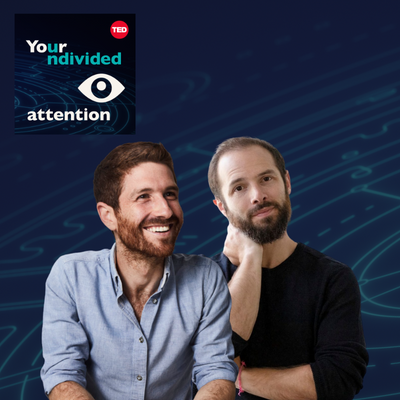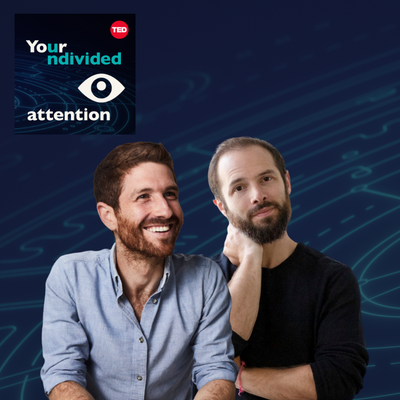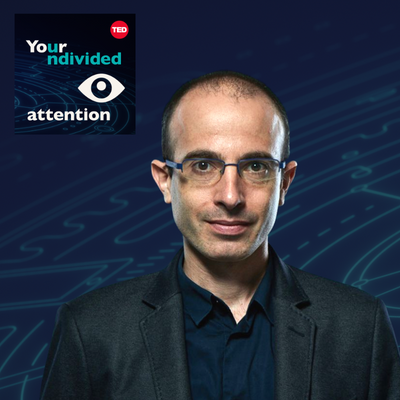Episode 65 | Mar 24, 2023
The AI Dilemma
You may have heard about the arrival of GPT-4, OpenAI’s latest large language model (LLM) release. GPT-4 surpasses its predecessor in terms of reliability, creativity, and ability to process intricate instructions. It can handle more nuanced prompts compared to previous releases, and is multimodal, meaning it was trained on both images and text. We don’t yet understand its capabilities - yet it has already been deployed to the public.
At Center for Humane Technology, we want to close the gap between what the world hears publicly about AI from splashy CEO presentations and what the people who are closest to the risks and harms inside AI labs are telling us. We translated their concerns into a cohesive story and presented the resulting slides to heads of institutions and major media organizations in New York, Washington DC, and San Francisco. The talk you're about to hear is the culmination of that work, which is ongoing.
AI may help us achieve major advances like curing cancer or addressing climate change. But the point we're making is: if our dystopia is bad enough, it won't matter how good the utopia we want to create. We only get one shot, and we need to move at the speed of getting it right.
Major Takeaways
Half of AI researchers believe there's a 10% or greater chance that humans will go extinct from their inability to control AI. When we invent a new technology, we uncover a new class of responsibility. If that technology confers power, it will start a race - and if we don’t coordinate, the race will end in tragedy.
Humanity’s ‘First Contact’ moment with AI was social media - and humanity lost. We still haven’t fixed the misalignment caused by broken business models that encourage maximum engagement. Large language models (LLM) are humanity’s ‘Second Contact’ moment, and we’re poised to make the same mistakes.
Guardrails you may assume exist actually don’t. AI companies are quickly deploying their work to the public instead of testing it safely over time. AI chatbots have been added to platforms children use, like Snapchat. Safety researchers are in short supply, and most of the research that’s happening is driven by for-profit interests instead of academia.
The media hasn’t been covering AI advances in a way that allows you to truly see what’s at stake. We want to help the media better understand these issues. Cheating on your homework with AI or stealing copyrighted art for AI-generated images are just small examples of the systemic challenges that are ahead. Corporations are caught in an arms race to deploy their new technologies and get market dominance as fast as possible. In turn, the narratives they present are shaped to be more about innovation and less about potential threats. We should put the onus on the makers of AI - rather than on citizens - to prove its danger.
Other recommended reading
AI ‘race to recklessness’ could have dire consequences, tech experts warn in new interview
Tristan Harris and Aza Raskin sit with Lester Holt to discuss the dangers of developing AI without regulation
Zia Cora - Submarines
“Submarines” is a collaboration between musician Zia Cora (Alice Liu) and Aza Raskin. The music video was created by Aza in less than 48 hours using AI technology and published in early 2022
The Day After (1983)
This made-for-television movie explored the effects of a devastating nuclear holocaust on small-town residents of Kansas
The Day After discussion panel
Moderated by journalist Ted Koppel, a panel of present and former US officials, scientists and writers discussed nuclear weapons policies live on television after the film aired


